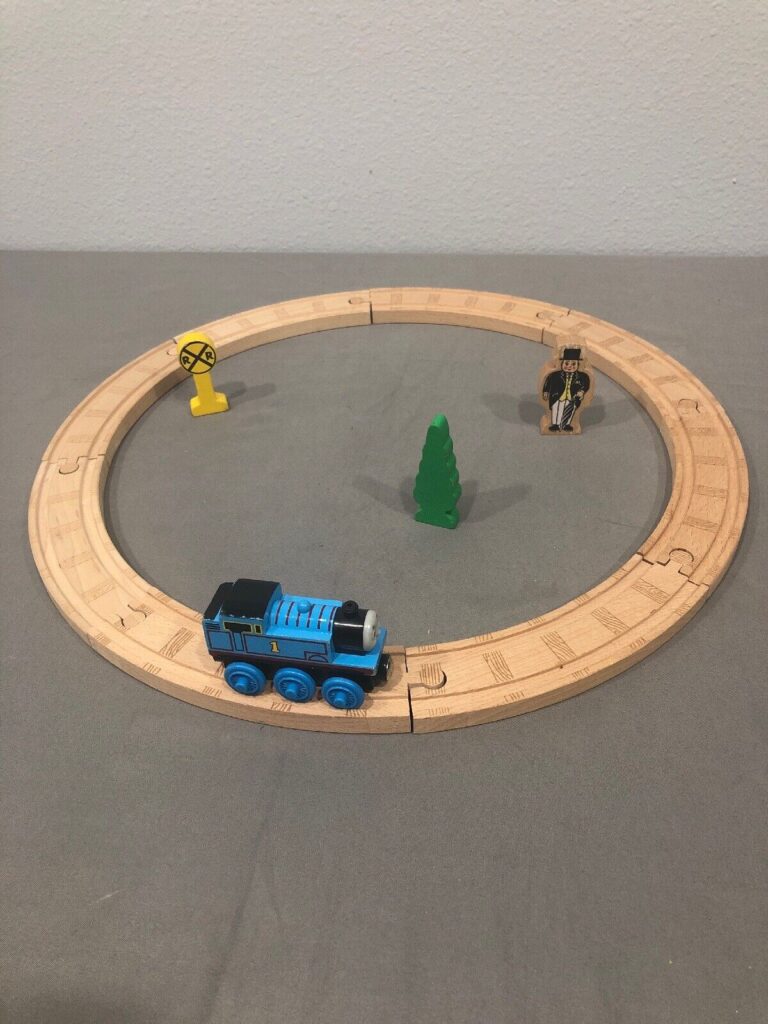“Sandbox” And “Railroad” Are Not Opposites
It’s always fun to catch up with online TTRPG discussions because every week or so there’s a hot debate taking my feed by storm. Most of the time I don’t know where it comes from, but this week’s was on topic for which I already had an old post draft, so I figured I would finish it and publish it.
The topic is “Sandbox vs Railroad“, where my take is that “Sandbox” is a largely useless term, and “Railroad” is a symptom.
“Sandbox” is Useless

When people setup “Sandbox” and “Railroad” as opposites, they use the term “Sandbox” as meaning “you can do whatever you want”. This is largely useless because it’s both an ambiguous assessment of the agreed upon domain of play, and a basic truth of all roleplaying games.
The first point relates to what’s expected of the players for a given game. For instance, a common Cyberpunk RED campaign framework starts each adventure with the PCs meeting a fixer, or other missing-giving NPC. That NPC introduces you to a client, gives you a mission briefing, maybe a few Eurobucks as an advance, and off you go on that mission. You’re expected to accept that mission because, well, that’s the scenario the GM prepared for tonight’s game. The mission itself might be what some people describe as a “Sandbox”, but Night City itself is not. In that sort of campaign, refusing the mission and declaring that your character goes to the next bar down the street to see what other missions are available would be considered a dick move. The sandbox is only as big as the playground it’s been built into.
The second point is the simple fact that roleplaying games have this advantage over board games and video games that the players’ and GM’s imagination are infinitely more vast. Even in a fairly constrained environment such as “steal the package from this train” or “find the magic sword at the end of this dungeon”, roleplaying games offer a near limitless array of options. You can approach the train on dirt bikes and jump on it, infiltrate or bribe the crew defending the package, or setup explosives down the tracks. You can fight your way through all 13 levels of the dungeon, use cunning political manipulation to set the dungeon’s factions to destroy each other, or infiltrate the last level through the astral planes. You don’t need to run a “Sandbox” game for this: that’s just a roleplaying game by definition to me… but remember the previous point: if the current game is all about knights delving into dungeons to smite evil, maybe don’t try to leave that sandbox, and just enjoy the toys in it.
In some cases, some people alternatively use the term “Sandbox” to describe a campaign framework where the players can follow different leads, pick their own missions, and so on. I personally find that a bit too vague, and often ask follow-up questions to figure out if, say, they’re playing a Hexcrawl or Pointcrawl or Plot Points Campaign or whatever else.
“Railroad” is a Symptom

The term “Railroad” is useful to help diagnose what went wrong with a game.
There are many ways a game session can go wrong: bad player or GM behaviour, bad pairing of rules and setting/genre, bad pairing of PCs and scenario, lack of dramatic tension, and so on. Two other ways that it can go wrong are “Railroading” and “Puppeteering”:
- “Puppeteering” is effectively loss of player agency. It happens when the players cannot do, or attempt to do, what they want. Either the GM takes control of their character, or they just hit a wall that can’t be climbed — or, in fact, that can’t even be attempted to climb.
- “Railroading” happens when the players can attempt to do whatever they want, but nothing works except the one sequence of events that the GM has prepared.
A simple example of the difference between the two is a situation where the players want to speak to the Captain of the City Guard to see if she knows anything about the Secret Order of the Crimson Scythe:
- With Puppeteering, the GM simply says “no, the Captain is too busy, she won’t see you…. what else do you do?” The players cannot even attempt to get access to the NPC.
- With Railroading, you do meet the Captain but she doesn’t know anything… which isn’t a problem per se (it might even lead to a great scene!), but in this case this is the tenth thing that the players have tried doing to advance the story, and none of them have led to anything because somehow the only thing that will achieve anything is to talk to the priest at the Temple of Angmar outside town. Worse, whatever the Captain does say could be taken as some sort of clue by the players, and they may end up on a wild goose chase for the rest of the session.
Of the two, Railroading is not just a flaw of a game session, but can also be a flaw of an adventure module. It does happen that a published scenario just assumes that the players will make specific decisions at specific points.

So there, “Sandbox” is useless, and “Railroad” is a symptom. I’m sure some of you will have different opinions about all this, but that’s mine for now!